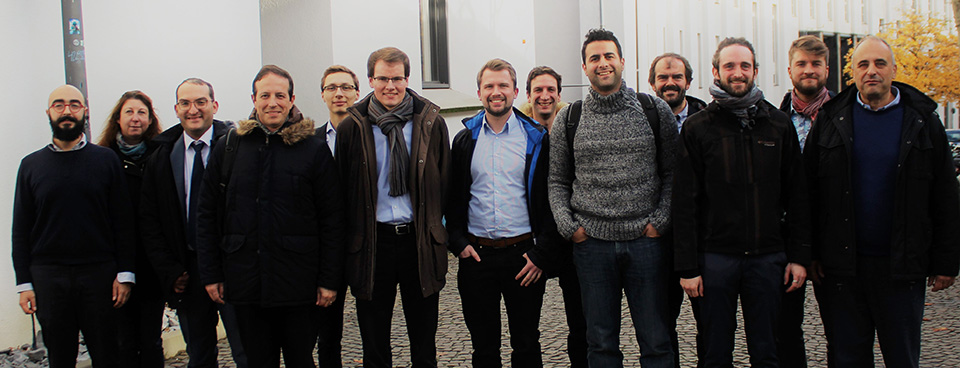Integrated Planning of Multi-energy Systems


Climate goals targeting a carbon-free economy induce new challenges for energy systems and thus the need for comprehensive planning tools. These tools should permit identifying both the target systems and transitions paths. Against this background, Fraunhofer FIT, RWTH Aachen, the University of Bologna, Optit S.R.L. and the Turkish system operator OEDAS develop methods for the holistic planning of multimodal energy systems in the H2020 project "PlaMES".
The targeted decarbonization process requires a transformation of the existing system characterized by a mainly fossil generation towards a power supply based on renewable energy sources (RES) such as photovoltaic, wind, hydropower and biogas / biomass. Due to the confinement of renewable generation to the electricity sector, a cross-sectoral decarbonization requires a widespread electrification of flexible assets and loads. The deployment of RES as well as the cross-sectoral electrification lead to a decentralization, which arises new challenges for energy systems. All things considered, a fundamentally new and complex planning task results for the development of sustainable energy systems.
The goal of the H2020 research project "PlaMES" is the development of methods for the integrated planning of multimodal, sustainable energy systems. The formulation of the underlying optimization problem envisages first the identification of all relevant technical energy system components and degrees of freedom. The latter shall include, in particular, the interdependencies between plants and infrastructure expansion as well as innovative operational strategies. Furthermore, the exogenous influencing factors, such as the legal-regulatory framework or the forecasted price developments will be considered. By applying suitable mathematical methods, the resulting optimization problem is then decomposed and efficient solvers are developed. Finally, the project team will compile a pan European scenario framework based on a comprehensive database containing representative subsets of European energy system models. The exemplary application of the tool enables the evaluation of the economic added value of an integrated energy system planning for achieving the climate goals in the European context.
The department "Digital Energy" of the Fraunhofer FIT will mainly work on the setup of the database for the scenario framework as well as on the carrying out and evaluation of exemplary applications of the planning tool.
